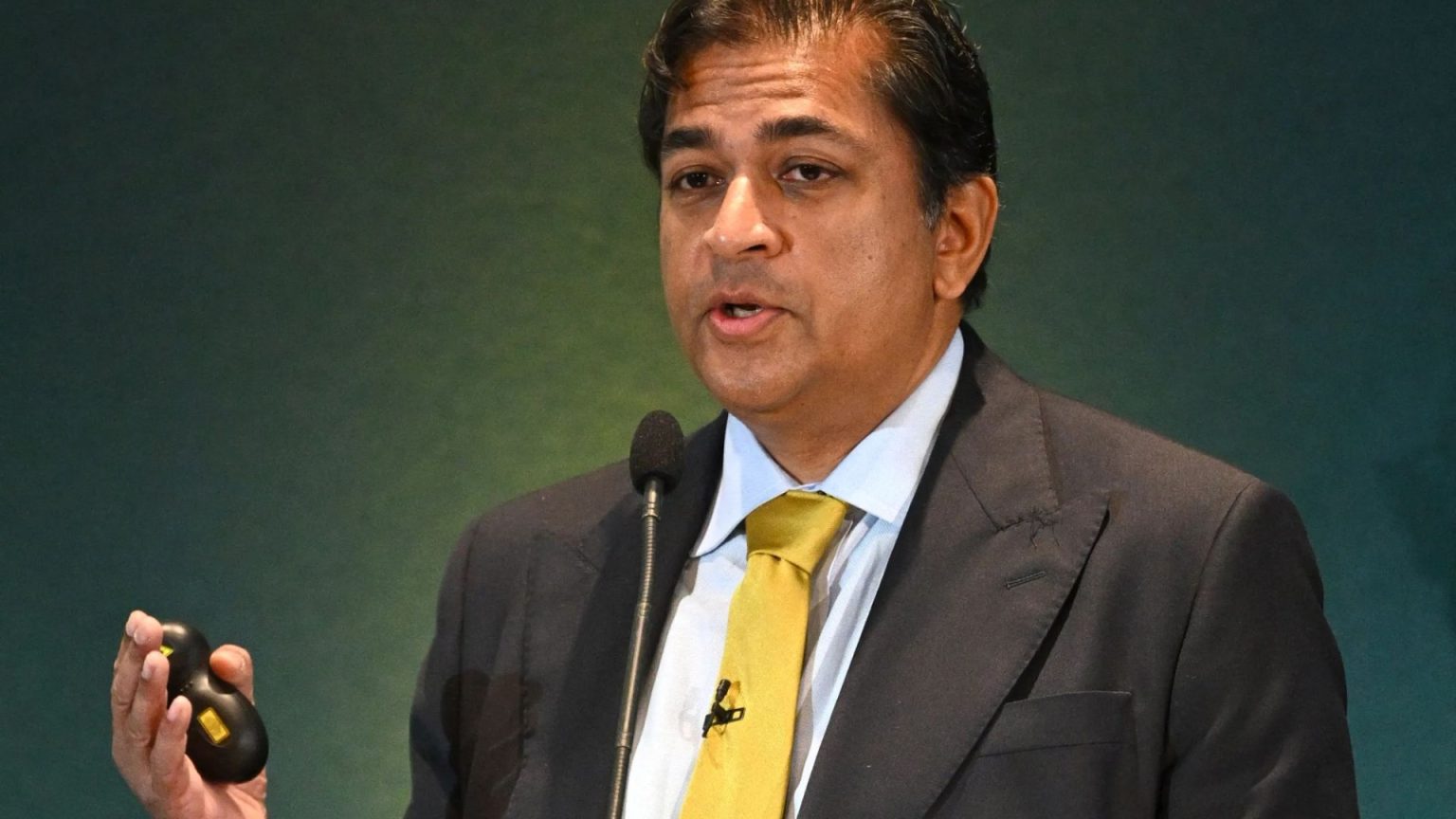The debate surrounding the UK’s relationship with the European Union continues to be a focal point of political discourse, with significant implications for the nation’s economic future. A former Brexit advisor, Shanker Singham, has issued a stark warning against aligning with EU standards, arguing that such a move would severely limit the UK’s ability to reduce costs for families and improve living standards. This intervention comes amidst leaked details of Brussels’ demands in ongoing negotiations, including access to British fishing waters, free movement for young people, and a role for European judges in dispute resolution. Singham contends that accepting these demands in exchange for softer trade checks and a security pact would ultimately undermine the government’s efforts to boost household incomes.
Singham’s central argument revolves around the potential negative impact of EU regulations on the UK’s economic competitiveness. He emphasizes that the government’s primary objective should be to increase household income and decrease costs, and any agreement with the EU must be evaluated against this benchmark. He argues that aligning with EU standards would restrict the UK’s capacity to tailor its regulations to optimize its domestic market and pursue advantageous trade deals with other nations. This, he claims, would stifle economic growth and hinder the government’s ability to deliver on its promises to improve living standards.
A key concern highlighted by Singham is the potential damage to the UK’s participation in trade blocs like the Comprehensive and Progressive Agreement for Trans-Pacific Partnership (CPTPP). Membership in the CPTPP is considered a major benefit of Brexit, offering access to a dynamic and rapidly growing market. Singham warns that aligning with EU standards could jeopardize the UK’s position within the CPTPP and complicate future trade negotiations, including potential agreements with the US. He argues that maintaining regulatory flexibility is crucial for maximizing the benefits of these trade partnerships.
As an alternative to aligning with EU standards, Singham proposes a model of unilateral recognition. This approach would involve the UK recognizing EU standards in specific areas, such as food and medicine, without necessarily adopting them wholesale. This would allow manufacturers in the UK to produce goods that meet both EU standards and the requirements of other export markets, providing greater flexibility and access to diverse trade opportunities. He believes this approach would strike a balance between maintaining access to the EU market and pursuing a more independent global trade strategy.
The debate on the UK’s relationship with the EU also touches upon the politically sensitive issue of sovereignty. Singham’s argument implicitly raises concerns about the potential erosion of UK sovereignty if it becomes too closely tied to EU regulations. He suggests that aligning with EU standards would limit the UK’s ability to make independent decisions about its own laws and regulations, potentially hindering its ability to respond to changing economic circumstances and prioritize domestic needs. This issue resonates with a core argument of the Brexit campaign, which emphasized the importance of regaining control over national laws and borders.
The Labour party, which is advocating for a closer relationship with the EU, insists that its proposals would not necessitate rejoining the bloc. However, critics like Singham argue that any significant alignment with EU standards would effectively tie the UK to Brussels’ rules, limiting its economic flexibility and hindering its pursuit of a global trade strategy. The ongoing debate highlights the complex and multifaceted nature of the UK’s post-Brexit relationship with the EU, with significant implications for the nation’s economic future and its place in the world. Finding a balance between maintaining access to the European market and pursuing independent trade opportunities remains a central challenge for policymakers.


